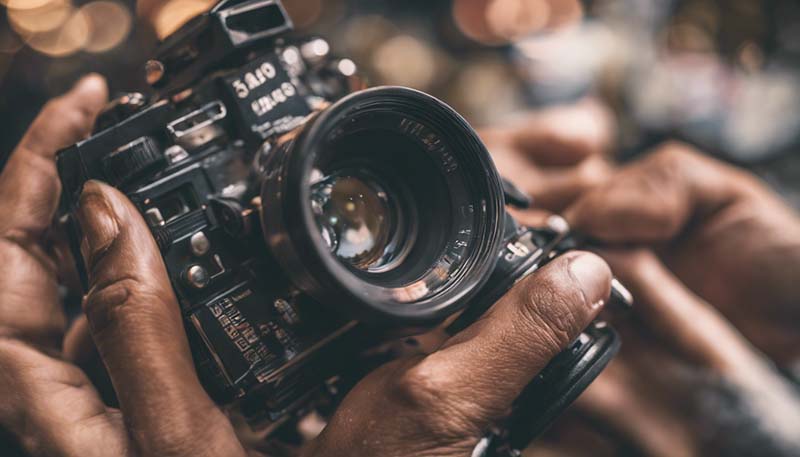The Importance of Cultural Diversity in the Arts
The Importance of Cultural Diversity in the Arts
Cultural diversity in the arts is a reflection of the rich tapestry of human expression and creativity. It is a vital component of societal development, fostering a more inclusive, empathetic, and progressive world. This essay will explore the significance of cultural diversity in the arts, its impact on society, and the ways in which it can be nurtured and celebrated.
Understanding Cultural Diversity
Cultural diversity refers to the presence of a variety of cultural or ethnic perspectives within a society. In the context of the arts, it means recognizing, respecting, and celebrating the different artistic expressions that emerge from various cultural backgrounds. This includes visual arts, performing arts, literature, and music, among others.
The Role of the Arts in Society
The arts play a crucial role in society. They serve as a medium for communication, education, and entertainment. They can inspire, provoke thought, and challenge the status quo. The arts also have the power to document history, preserve cultural heritage, and provide a platform for social commentary.
Why Cultural Diversity Matters
1. It Encourages Creativity and Innovation
When artists from different cultures come together, they bring a wealth of perspectives, techniques, and ideas. This fusion of styles and traditions can lead to groundbreaking works that push the boundaries of what is considered possible in the arts.
Advertisement
2. It Builds Empathy and Understanding
Exposure to diverse art forms allows individuals to step into the shoes of others, fostering empathy and understanding. It helps to break down stereotypes and promotes a more inclusive society.
3. It Supports Economic Growth
Cultural diversity in the arts can be an economic boon. It attracts tourism, creates jobs, and can stimulate local economies through events, performances, and exhibitions.
4. It Preserves Cultural Heritage
By celebrating cultural diversity, we ensure that the unique artistic traditions of various cultures are preserved and passed down to future generations.
5. It Promotes Social Justice
The arts can serve as a platform for marginalized voices to be heard. By highlighting diverse experiences, the arts can contribute to social justice and equality.
Challenges to Cultural Diversity in the Arts
Despite its importance, cultural diversity in the arts faces numerous challenges, including:
1. Lack of Representation
Many cultural groups remain underrepresented in the arts, with limited access to resources, funding, and opportunities.
2. Bias and Discrimination
Bias and discrimination can manifest in various forms, from the selection of artists for exhibitions to the critical reception of their work.
3. Economic Constraints
Artists from diverse backgrounds often face economic barriers that can limit their ability to produce and showcase their work.
Strategies to Promote Cultural Diversity
Several strategies can be employed to promote cultural diversity in the arts:
1. Provide Equal Opportunities
Arts organizations should strive to provide equal opportunities for artists from all cultural backgrounds, ensuring that they have access to funding, resources, and platforms to showcase their work.
2. Education and Awareness
Educating the public about the value of cultural diversity in the arts can help to shift attitudes and promote acceptance.
3. Collaboration and Exchange
Encouraging collaboration between artists from different cultures can lead to innovative and enriching artistic expressions.
4. Support for Local and Indigenous Arts
Supporting local and indigenous arts is crucial in preserving cultural heritage and promoting diversity.

5. Inclusive Policies and Legislation
Governments and institutions should enact policies and legislation that support diversity and prevent discrimination in the arts.
Conclusion
Cultural diversity in the arts is not just an aesthetic choice; it is a moral and social imperative. It is essential for the health and vibrancy of our societies. By embracing and celebrating the diversity of human creativity, we can build a more understanding, harmonious, and progressive world.
Word Count: 1000
Comments